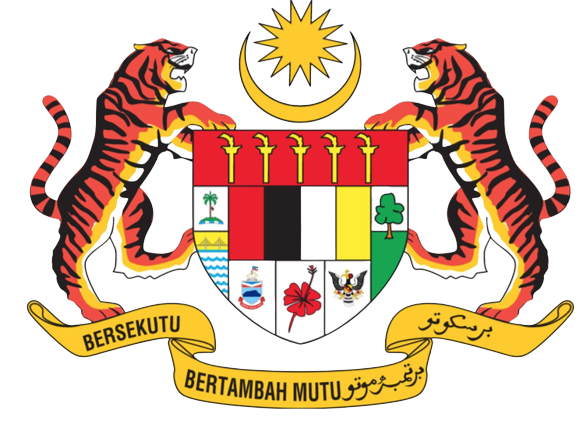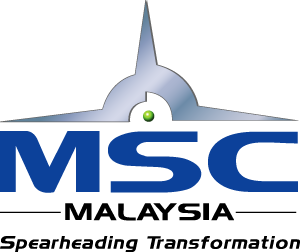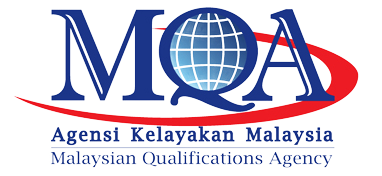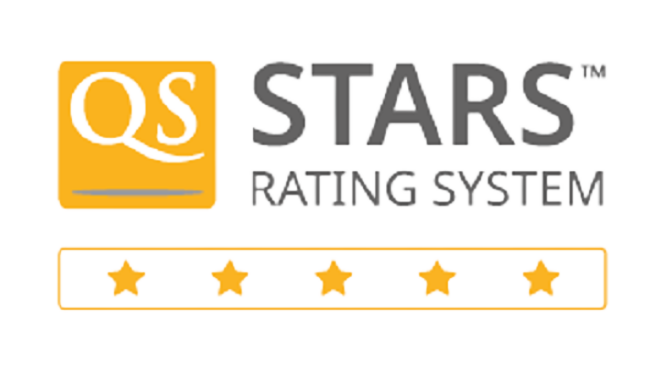LETTERS: Recycling could lead to a reduction of man-made greenhouse gas emissions, which is vital in combating climate change issues.
However, during my weekly visits to recycling centres in my neighbourhood, I noticed that the right processes are not followed.
The waste is not segregated according to the categories.
Plastic wraps and bottles are placed in the bins meant for aluminium or paper. Sometimes, the bins are used to dump other household waste because the general garbage bins are not available.
Generally speaking, people are still confused between recyclable and non-recyclable items.
Without the correct waste separation at source, the processing cost incurred is much higher for cleaning and separation.
Some recyclers may opt to dump such mixed waste in landfills since the pre-recycling processes are tedious.
A mixture of waste being dumped could also lead to contamination, which exacerbates challenges in obtaining high-quality recycled materials.
Recyclers may prefer to import waste from developed countries that have a better collection and separation system. The imported waste is claimed to be cheaper, well-sorted and cleaner compared with the local recyclable waste.
The reliance on imported waste is unavoidable for the businesses to sustain their operation. However, this will not contribute to a higher recycling uptake for local waste.
As members of the public, we are part of the waste management system. Surely, we could lend our hands by correctly performing solid waste preparation starting at home.
First, we should know how to differentiate between recyclable and non-recyclable items. For example, instead of putting a greasy pizza box in a recycling bin, we could tear the box apart and recycle only the clean part.
Cleaning containers such as detergent bottles and food containers could be ideal. Plastic bottles or aluminium cans should be crushed to save space and for ease of transportation.
To inculcate the habit of recycling among children, the separated bins should be made available at home.
Malaysia is doing well at improving the national recycling rate, which was reported to be around 31.5 per cent last year.
While recycling campaigns are ubiquitous and well participated in by the community, it is time for us to take a step further in improving the waste quality, starting from the pre-recycling process.
Let us help to improve the recycling rate and its success by practising waste separation and cleaning at the source.
Together, we can make a notable difference and reach the recycling target of 40 per cent by 2025.
Source taken from : NEWS STRAITS TIMES
Image & News : https://www.nst.com.my/opinion/letters/2022/09/835722/ensure-correct-waste-segregation-source





